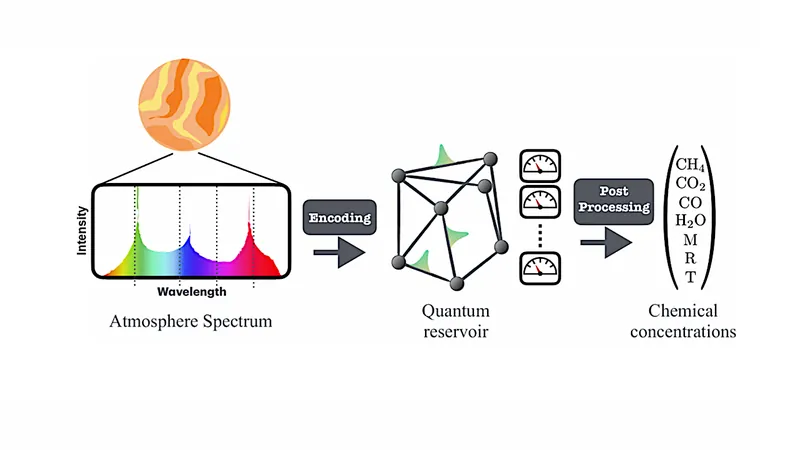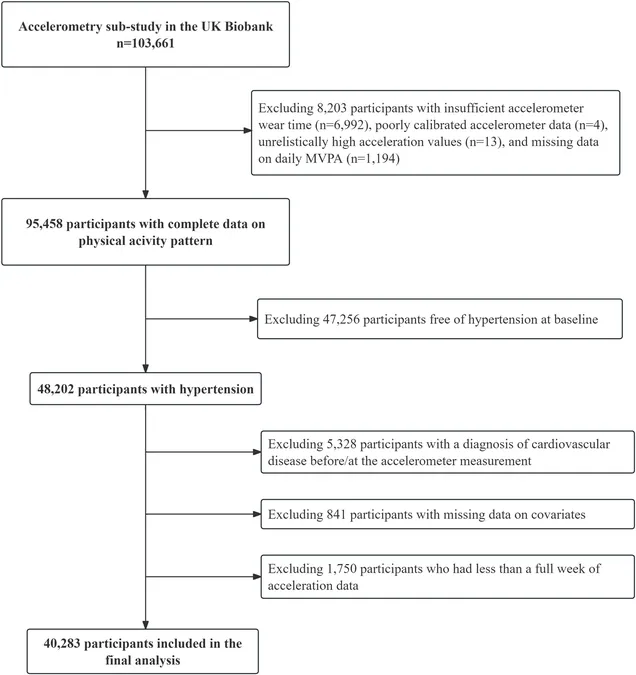
Revolutionary Discoveries: How an Immune Molecule Could Safeguard Our Aging Brains!
2025-09-02
Author: Li
A Surprising Twist in Brain Health Research
For years, brain inflammation has been viewed as a villain in the aging narrative, often linked with Alzheimer's and other forms of dementia. However, cutting-edge research from Tufts University is flipping the script, revealing that an immune molecule known as STING (stimulator of interferon genes) might actually play a crucial role in protecting our brains as we age.
Groundbreaking Study Unveils STING's Protective Role
In a fascinating study published in *Cell Reports*, scientists investigated the impact of STING on brain function by comparing genetically modified mice that lacked this molecule to their normal counterparts. The results were eye-opening: mice without STING exhibited significant memory loss and movement difficulties, mirroring the cognitive decline associated with dementia.
Challenging Long-Held Beliefs about Inflammation
Shruti Sharma, the senior author of the study, emphasizes that their findings challenge the longstanding belief that STING is solely a contributor to inflammatory diseases, including cancers and autoimmune disorders. "We might have underestimated STING's importance in maintaining brain health during aging," she notes.
The Hidden Gene Variations Affecting Health
Interestingly, more than 40% of individuals possess variations in the STING gene that impair its function. This raises profound questions about how these individuals adapt their immune responses throughout life and how such adaptations might influence brain health.
The Role of Microglia in Brain Maintenance
As the study progressed, researchers discovered that the absence of STING triggered a heavier inflammatory response in the brain compared to normal aging processes. This excessive inflammation affected microglia, the brain's resident immune cells responsible for cleaning up damaged neurons and maintaining a healthy environment. Without STING, these vital cells struggled to clear away debris, raising the risk for accelerated cognitive decline.
Understanding the Blood-Brain Barrier Connection
Another critical finding was that the lack of STING compromised the blood-brain barrier, leading to leaks and even bleeding in the brain, which can severely disrupt overall function and manifest as movement issues.
Looking Forward: Research Implications and Future Therapies
With the newfound understanding of STING’s protective role, the Sharma lab aims to dissect which alternative immune pathways are activated when STING is absent. This knowledge could reshape future Alzheimer's treatment strategies, highlighting the need for careful consideration of any drugs designed to block STING, especially for individuals already compromised in this area.
Final Thoughts: A Vital Piece in the Aging Puzzle
As our understanding of STING evolves, it could significantly reshape our approach to aging and neurodegenerative diseases. These findings not only challenge previous perceptions but also open a world of possibilities for innovative treatments that could enhance brain health in our golden years.



 Brasil (PT)
Brasil (PT)
 Canada (EN)
Canada (EN)
 Chile (ES)
Chile (ES)
 Česko (CS)
Česko (CS)
 대한민국 (KO)
대한민국 (KO)
 España (ES)
España (ES)
 France (FR)
France (FR)
 Hong Kong (EN)
Hong Kong (EN)
 Italia (IT)
Italia (IT)
 日本 (JA)
日本 (JA)
 Magyarország (HU)
Magyarország (HU)
 Norge (NO)
Norge (NO)
 Polska (PL)
Polska (PL)
 Schweiz (DE)
Schweiz (DE)
 Singapore (EN)
Singapore (EN)
 Sverige (SV)
Sverige (SV)
 Suomi (FI)
Suomi (FI)
 Türkiye (TR)
Türkiye (TR)
 الإمارات العربية المتحدة (AR)
الإمارات العربية المتحدة (AR)